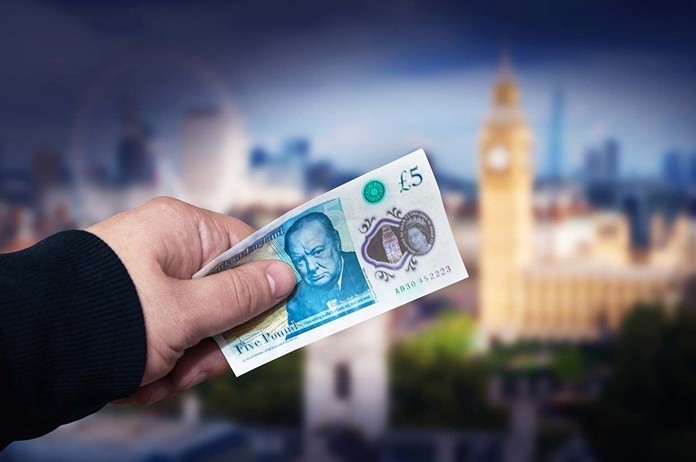
Ever since the UK referendum in 2016, which unexpectedly ordered the Brits out of the European Union, currency commentators have been predicting the inevitable decline of the pound. Many economic forecasts predicted the hammered pound would be worth only 35 baht by Christmas 2020 and a measly 27 for Happy New Year in 2023. The Bangkok Post and Pattaya Mail even carried letters from desperate Brits who said they would soon be on the breadline living in Pattaya. Thus they had no option but to quit the Land of Smiles and find a one-room flat with a slot-meter gas fire in Paddington. More likely, in Padiham or Pateley Bridge.
Nobody expects a return to the heady days of the late 1990s when the pound burst through the 90 to-the-baht level. But in the last six months, leading up to the moment in January next year when Britain formally exits the EU, have seen the pound remarkably steady at around 40 baht. Its worst recent day was June 29 (37.9 baht) and its best September 2 (41.9). It is currently about 40.8. That’s roughly where it was in the early 1990s, before the temporary “surge” during the Asian financial crisis of 1997 which led to a gut-buster breakfast at Greg’s Kitchen in Pattaya costing less than a pound. Halcyon days indeed.

The main factor holding up the pound internationally is that a Brexit deal with the EU still seems likely though not certain. Although foreign currency markets hate uncertainty, they never really believed the posturings of British prime minister Boris Johnson that the country would be better off without France and Germany and could miraculously mutate into a kind of free-trade Singapore, perched on the edge of the European continent. Now EU chief Brexit negotiator Michael Barnier is quoted on newswires as saying that the only really tough nut left to crack is the future of fishing rights in the North Sea. Given that Britain’s annual total income from fishing is much less than from a single Harrod’s department store, a deal seems more likely than not. Mid November is the last possible date.
Meanwhile, Thailand faces her own problems but the baht is not facing collapse by any means. Her foreign exchange reserves in September 2020 were still the 12th largest in the world at 239 billion USD. Of course, the contraction of exports in 2020 and the collapse of foreign tourism have seen a large drop in the current account surplus, but that’s true of most of the country’s regional Asean partners. The Thai government’s stimulus measures including soft loans, debt moratoriums, the promotion of domestic tourism through subsidies and aid packages to the poor have generally met with international fiscal approval. Some online/social media businesses such as Grab and Food Panda have even thrived during the coronavirus pandemic.
The idea that the Thai baht must collapse because of the hiatus in international tourism is naïve and ignores the complexities of the Thai economy and the fact that Covid-19 is a global crisis in which Thailand has so far acquitted itself better than most. The bigger immediate problem is domestic discontent on the streets and via social media which could very well hamper recovery and cause a collapse in international confidence. There are some signs at the moment, not least the withdrawal by the government of the special state of emergency regulations, that compromise may be possible.
It follows that the pound-baht exchange rate will likely remain relatively stable for the time being. But even that assumes that far bigger issues such as the ambiguities surrounding the US election result, the ongoing US-China trade debacle, the future track of the coronavirus pandemic and even a “mature capitalism” international banking crisis don’t overwhelm the currency markets. As Nils Bohr, the Nobel laureate in physics, put it, “Prediction is very difficult, especially if it’s about the future.”
 |
 |
 |





